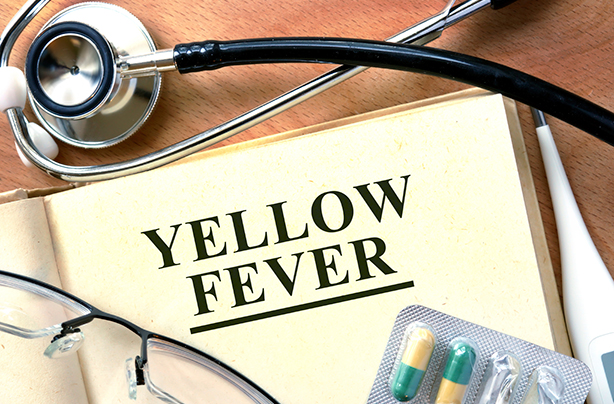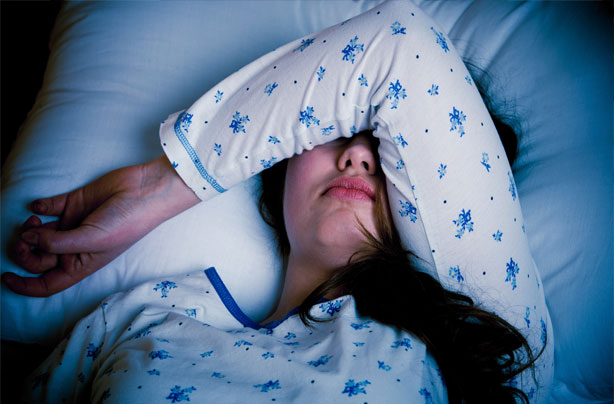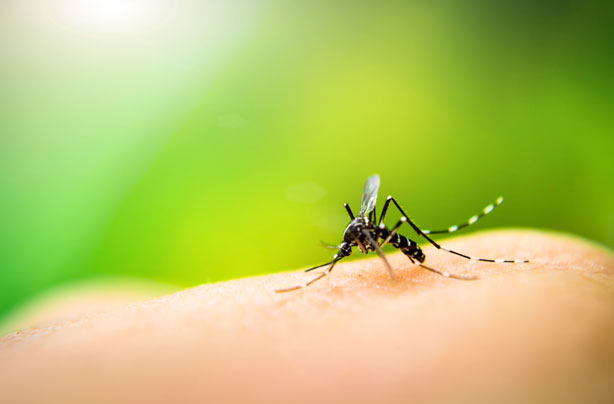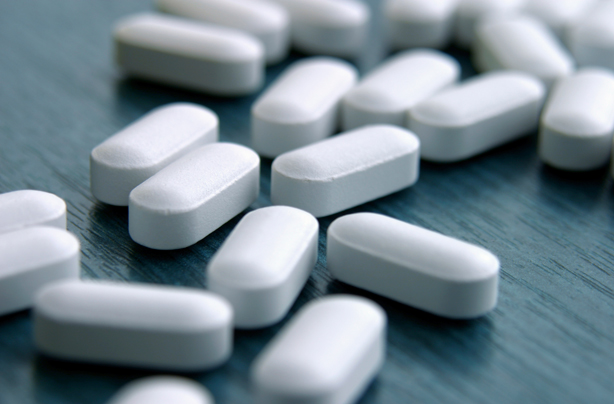Yellow fever: Everything you need to know
From symptoms to vaccinations...


As a fairly uncommon infection, yellow fever is low on most people's radars. However, the virus has proved fatal in a handful of cases, so it's always useful to make sure you know what to look out for if you’re travelling with your family, and could be at potential risk of contracting it.
Because of wide-spread vaccination, yellow fever is very rare in the UK, but if you're visiting areas such as sub-Saharan Africa, South America or the Caribbean, you should ask your doctor about any preventative measures you can take.
What are the symptoms for yellow fever?

If you have contracted yellow fever then you may experience two stages of symptoms. Things to look out for from the first stage, according to the NHS, are:
- A high temperature
- A headache
- Nausea and vomiting
- Muscle pain, especially backache
- Loss of appetite
- Most people will recover after experiencing these and feel fine. However, some people (an estimated 15%) will develop more serious symptoms. The NHS say the second round of symptoms to look out for are 'jaundice (yellowing of the skin and whites of the eyes), kidney failure and bleeding from the mouth, nose, eyes or stomach (causing blood in your vomit and stools).'
It is thought that for about 50% of people who experience the above, the condition can be fatal.
How is yellow fever spread?

Yellow fever is spread to humans through mosquito bites. It cannot be caught from another human.
The mosquitos who are likely to carry yellow fever are active during the daytime, usually biting through the day. They can be found in both cities and the countryside.
What's the treatment for yellow fever?

There is a vaccination for yellow fever that you should get 10 days before travelling anywhere where a risk of yellow fever is significant. Once you've had the jab, you'll be covered for 10 years and it protects over 95% of people who have it.
Once you've contracted yellow fever there is no medical treatment available, but you can treat the uncomfortable symptoms.
GoodtoKnow Newsletter
Parenting advice, hot topics, best buys and family finance tips delivered straight to your inbox.
Painkillers can help with a high temperature and muscle pain and you should drink plenty of fluids to keep dehydration at bay.
In some cases patients will be admitted to hospital, so their condition can be monitored. If you have any concerns about yellow fever or related symptoms, you should seek medical advice immediately.

Rosie is an experienced food and drinks journalist who has spent over a decade writing about restaurants, cookery, and foodie products. Previously Content Editor at Goodto.com and Digital Food Editor on Woman&Home, Rosie is well used to covering everything from food news through to taste tests. Now, as well as heading up the team at SquareMeal - the UK's leading guide to restaurants and bars - she also runs a wedding floristry business in Scotland called Lavender and Rose.